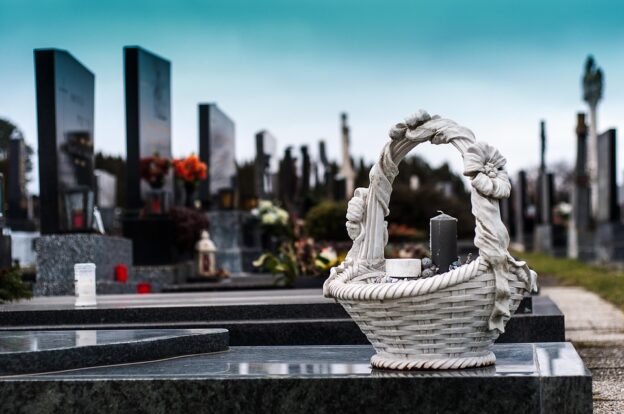Funeral homes Waite Hill, OH, are affected by changing times. With the strict government social distancing restrictions to curb the spread of coronavirus, people around the world looked for new ways to honor the deceased amid this global pandemic.
Are you excited to learn more about how different cultures and religions are adapting their centuries-old death funeral traditions? Here’s what you should know about the effects of the pandemic on funeral rituals:
1. Trend of Virtual Prayers and Rituals in Catholic Church
For nearly two thousand years, Christians receive their last rites from a priest in person. But the pandemic has forced many priests to go virtual. Thousands of churches and funeral homes around the world were closed for worship and funeral services during the restrictions.
The mourners relied on live video streaming to pay final tribute to the dead from the comfort of their laptop screens. Now that restrictions are gone in many places, some people still prefer logging in to an online platform and watching the whole funeral services while sitting at home.
An online funeral may be impersonal, but there are many conveniences attached. People who don’t have the ability to travel to the funeral can still watch the proceedings and be engaged. This is especially helpful if the deceased had friends and family in diverse geographic locations.
2. Changes in Traditional Islamic Body Washing
In Islamic funerals, it’s mandatory to wash the body of the deceased before burying. Generally, the immediate family members perform this service and wash the body of the deceased within 24 hours of death.
But the pandemic has turned this ritual to medical volunteers who follow strict preventive measures while washing the body.
These changes may seem small, but they are noticeable.
3. Virtual Shivas in Jewish Communities
Many people in Jewish communities no longer host guests for Shiva– a mourning period that lasts one week soon after burying a dead. Here, the bereaved family invites close friends and family to remember and pay tribute to the deceased. It is the single most important event associated with Jewish funerals.
But the pandemic has forced many Israelis to grieve alone at home and resort to online live video streaming platforms to help close ones get together and pay their condolences. Similarly, many Jews have quit reciting the Kaddish, the religious mourning prayer, as it involves the physical presence of a 10-people quorum in two lines.
 4. Silent Banks on the Ganges
4. Silent Banks on the Ganges
For thousands of years, Hindus have been cremating bodies in the presence of friends and family and dispersing the remains in the Ganges.
The big public funeral processions were a common sight in India but for almost two years (2020 and 2021), the pandemic emptied the mighty banks of the Ganges river where thousands of people used to pay their regards.
Similarly, minor to significant changes are observed in funeral traditions across all the cultures in different countries. The experts believe that the trend is likely to continue in the coming years as it has given more flexibility to the mourners to honor the deceased.
Find out more information at funeral homes Waite Hill, OH. Contact us today.

